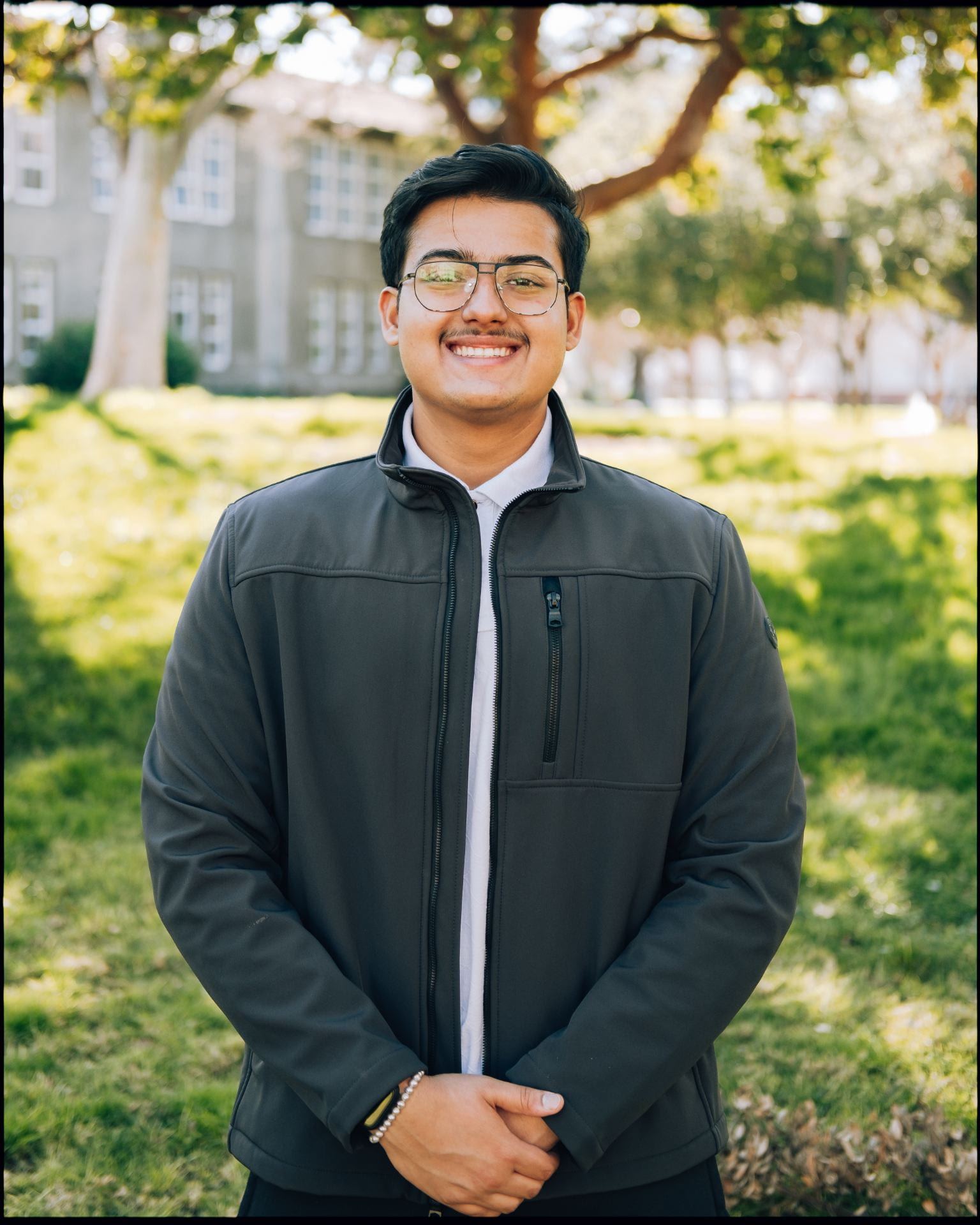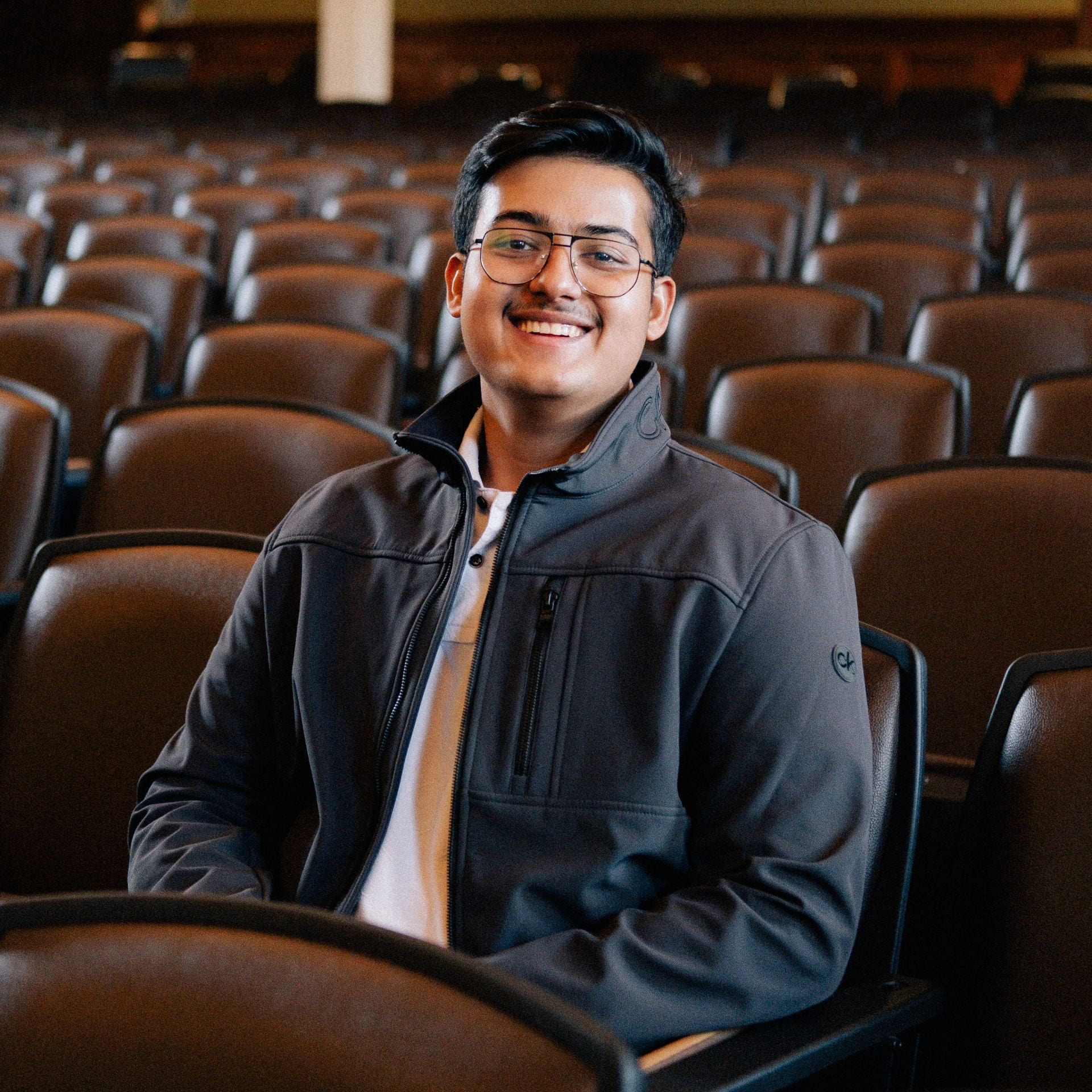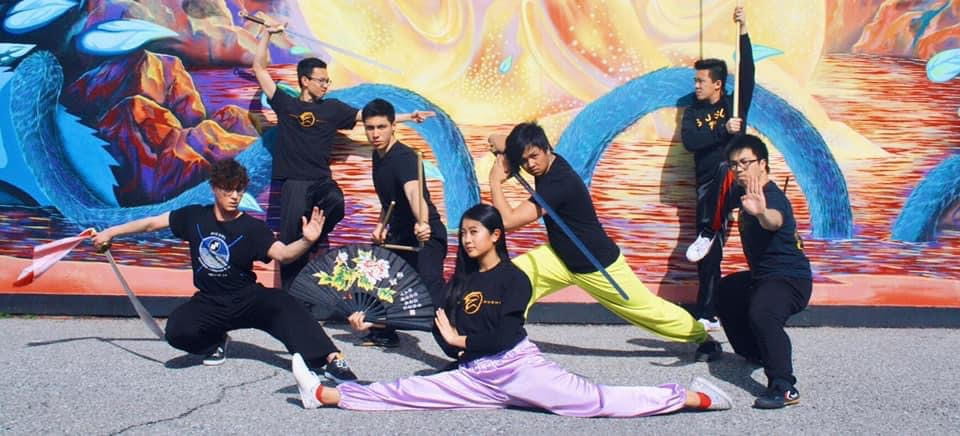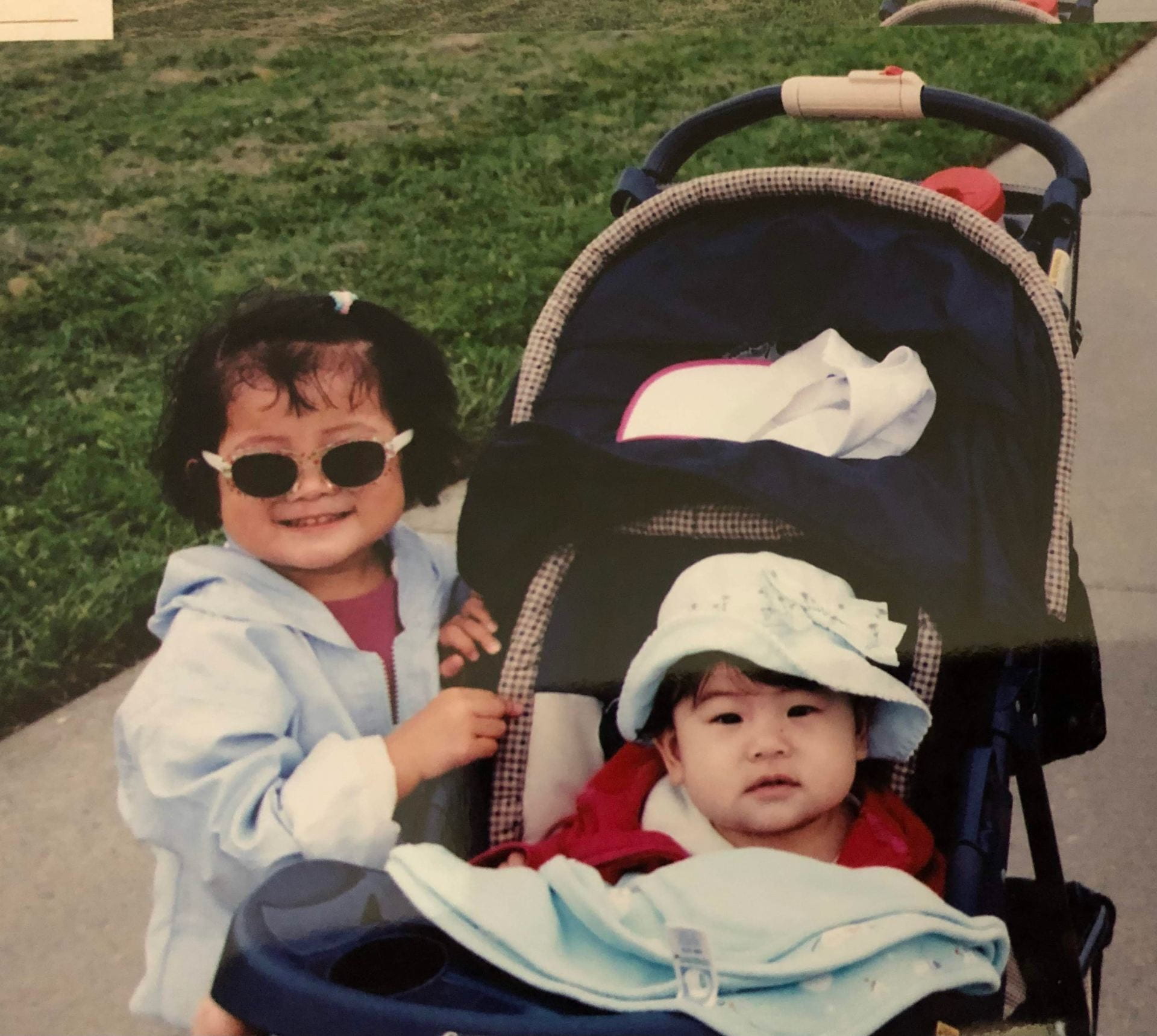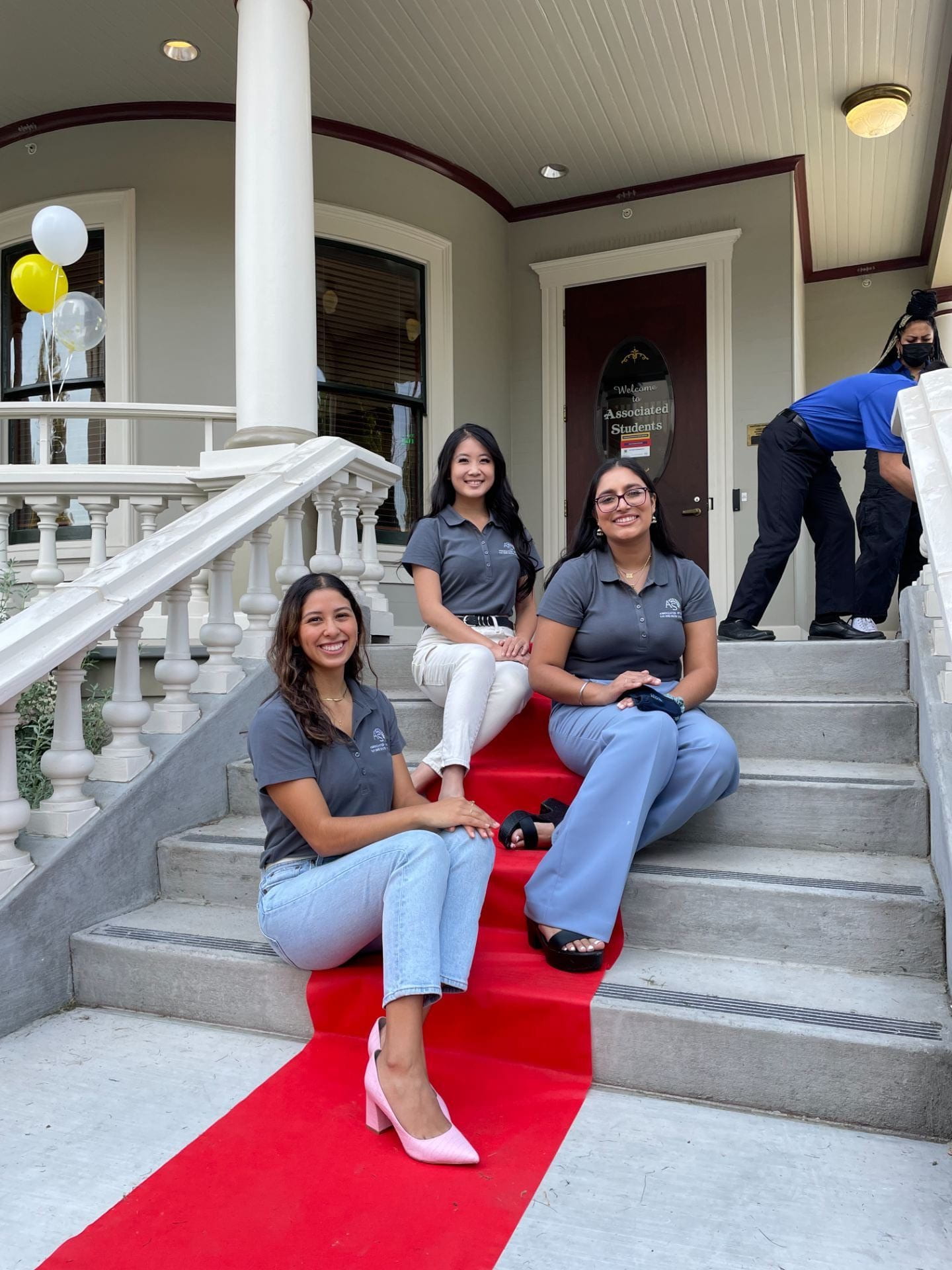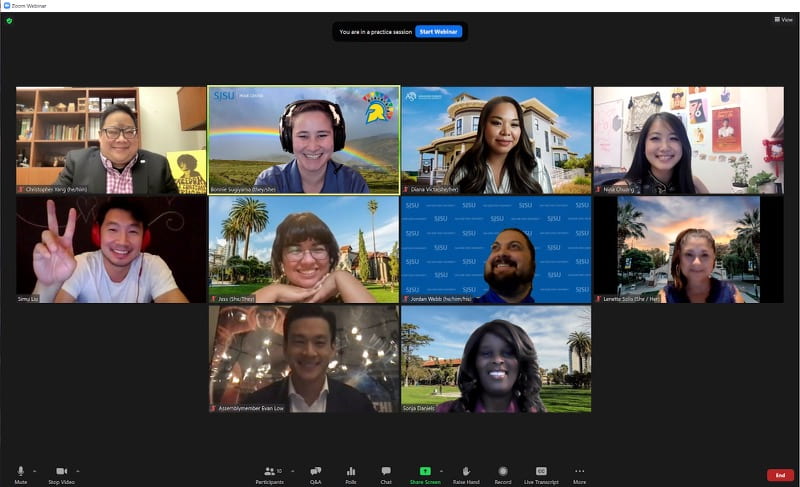Safiullah Saif is the A.S. Director of Academic Affairs. In this Spartan Voice by A.S. Blog, Safi shares his story on Openness, one of eight Core Values in the Associated Students Strategic Plan. Read more about our organization’s values in the A.S. Strategic Plan here.
Openness
Openness is a term that is often associated with a person’s ability to interact with others. While openness has a lot to do with human interaction, it does not always mean the same. Openness can be defined as a person’s ability to express their emotions to, first and foremost, their own selves, and then to the people around them for their own benefit. Additionally, it helps one to maintain a healthy relationship with the surrounding community.
Is openness necessary to practice?
People generally tend to be into themselves often. And therefore, they associate this loneliness with not possessing the quality of “openness.” But, the basic concept of openness is to be fully aware of your own self and express yourself to others whenever appropriate.
The Importance of Leadership
Leadership has a great connection with being open to people. Here, openness has greatly to do with being an effective leader and being able to serve others for society’s good. A good leader has to be a person who is completely transparent with others. They have to show good speaking skills, be clear in their thoughts, and be certain of their goals. To achieve this level of mindset, one has to be open to themselves first before being open to others.
Openness Within
The first step to having to possess the qualities of openness is to be truthful and open to one’s self. This means that the person should not hold back their emotions or restrain themselves from ignoring their feelings. From the experiences I have had so far, I have observed that people generally tend to hide their feelings from themselves, which results in them becoming numb to their own emotions. It can be thought as if they do not feel anything, even though they should be feeling something due to a particular situation going on in their life. Thus, one should practice self-awareness more often, especially when it comes to one’s own emotions and feelings, as it helps one to reflect upon themselves, and take necessary actions to make themselves feel better.
Openness within one enhances them to a level where they are capable of having new ideas, planning things more efficiently, and finding ways through which one can embrace an open-minded perspective. One becomes more curious and imaginative in their own thoughts, which helps them to come up with better solutions to existing problems that can be beneficial for their own self and to the community as a whole.
Communication Within a Community
The next step to being open is to connect with others around you, who you trust and believe. Staying connected and updated with the people around you gives you the ability to remain up to date with what is going on in the community. Connecting with others on a personal level is a crucial practice, as it can not only help you to share your feelings but at the same time, also allows you to have the much-needed human interaction that every person should have.
Interconnection of Inclusivity with Openness
Being open to the people around you plays a very important role in practicing inclusivity in our society. Firstly, maintaining communication with diverse people around one makes them feel that there is someone to listen to them, interact with them, and share their feelings with one another. Secondly, sharing one’s ideas and perspectives with different people strengthens relationships between those people, while learning positive characteristics of each other’s attributes.
In conclusion, being open to self and others leads to better self-awareness, a healthy mindset, and the possession of an open mindset. Whether it involves self-realization, interaction with others, or leading others to a better path, openness is a crucial attribute that can help individuals live a more fulfilling and enjoyable life.
